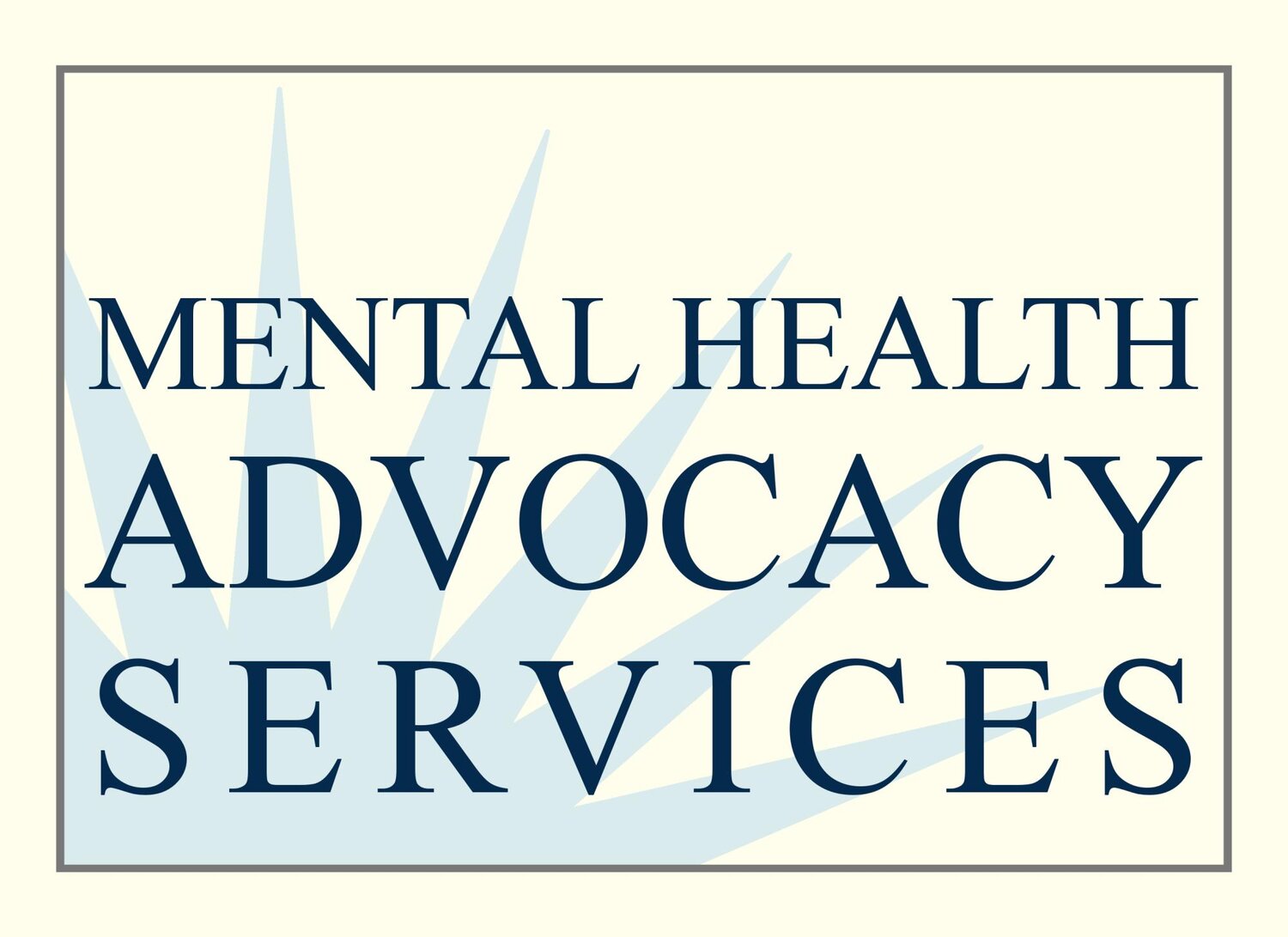MHAS Pilots 4-Day Work Week
Hi friends,
What would you do with an extra day off every week - if every weekend was a three day weekend? If you happened to see this Forbes article last month, you know that the team at Mental Health Advocacy Services is going to find out when we launch our trial of a four day work week! Starting tomorrow, April 1, for a six month pilot period, Mental Health Advocacy Staff will work four, eight hour days, Monday through Thursday. The MHAS office will be closed on Fridays and all staff will have a three day weekend, every week.
If you are familiar with the mission of MHAS, the clients we serve, and the large problems our free, holistic legal services are designed to address, it may seem like an odd move for us to be cutting back our hours. There is a growing mental health crisis in America across all age groups, there is increasing evidence of the complicated interplay between mental illness and homelessness, and there is, finally, acknowledgment that structural racism is a driving force in mental health inequities. These are huge issues that undoubtedly require significant commitment, creativity, and hard work from every single MHAS advocate to address through both their provision of direct services to individual clients and their participation in larger, coordinated policy efforts.
So why... work less?
It comes down to our Values and how we apply them not only to our clients but to ourselves.
Empowerment: Our four day work week trial empowers and trusts each staff-person to determine how to best optimize their own workweek and achieve their position's goals like the competent and caring professionals they are.
Dignity: We believe in the humanity and value of every person. We show how much we value our staff by providing them with more time to manage their personal responsibilities and explore the many things they can do outside of work.
Equity: Among the many communities it benefits, including employees with disabilities and working parents in general, a 32 hour work week is a move towards a more gender-equitable work week for women who often return home to a second shift of unpaid caregiving and housework.
Wellness: Our four day work week trial will give our team the time they need to prioritize their own (and their family's) wellbeing and physical and mental health.
In order to achieve the level of commitment, creativity, and strategic thinking that our current problems demand, our staff needs to take time to recharge. Every week. Our organization's budget has doubled in size in the past three years. And we are continuing to build and grow for the long-haul. We don't want to burn our staff out. We want to build infrastructure - and talent - that lasts for the long term so that we can continue to achieve great results for our clients and make the world a better place.
I first heard about the concept of a 4-day work week back in 2019 when I heard a story on NPR about Microsoft Japan trialing one that resulted in a staggering 40% productivity boost. I started to research the idea, which has exponentially grown since then with many companies, nonprofit organizations, and even entire governments (shout out to Iceland!), moving to a 4-day workweek in recent years. There have been many, many articles about each of these case studies so to quickly sum up the research: the four day workweek works. Work expands to fill the time we give it. With the promise of an additional day off, employees are able to work smarter, not harder. By adjusting to a 32 hour work week, employees are able to achieve the same impact by eliminating the distractions that invariably creep into our days. (The current four day workweek movement advocates for four, 8-hour days, rather than four, 10-hour days - which just burn people out on a different schedule.) Fewer hours, same pay, same outcomes.
I could go on and on about all the reasons I am excited for MHAS to embark on our four day workweek trial (the increased productivity! the increased work-life balance! the improved retention and recruitment!) - and all the statistics that show the likelihood of our trial being a success - but beyond any statistic, the MHAS Board of Directors and Leadership Team just thought it was the right thing to do for our team. Please know that, while our office will be closed on Fridays, we know that there will be times when a hearing or meeting is scheduled - or an emergency pops up - that requires some work on a Friday and we will happily do it (we may just take the following Monday off to make up for it!).
Our trial is part of a larger, coordinated 6-month pilot program led by 4 Day Week Global involving fifty organizations and over 2,000 employees in the United States and Canada. With the help of researchers at Boston College, we will be meticulously tracking our productivity, data related to staff wellbeing, demographics of the clients we serve, impact on recruitment and retention, environmental impact, and any effects on our bottom-line financial position.
We have ambitious service delivery goals in 2022 across all our projects, and we plan on achieving every single one of them. And, we think it's possible to do that while allowing our team to live fulfilling, sustainable lives outside of work, increasing the chances that our staff will be doing this work with us in 2023 and beyond.
I want to thank the MHAS Board of Directors for supporting this trial and the MHAS Leadership Team for thoughtfully planning it. I hope you will continue to support MHAS as we move through this trial and I will report back in October after its conclusion!
Sincerely,
Jenny Farrell, Esq.
Executive Director
